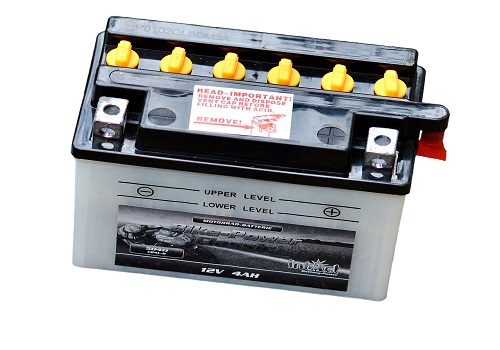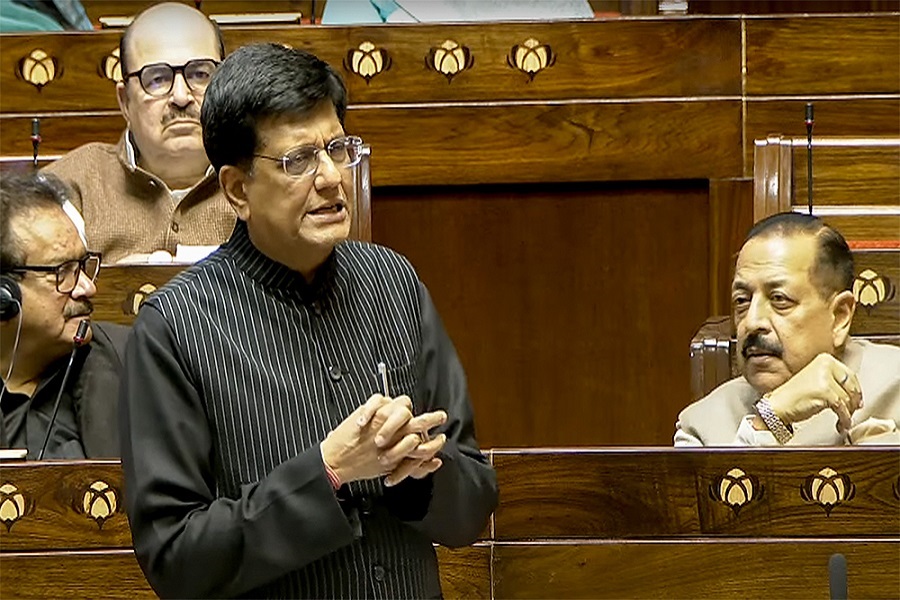India must establish nationally accredited testing facilities for battery energy storage systems: NITI Aayog member

Follow us Now on Telegram ! Get daily 10 - 12 important updates on Business, Finance and Investment. Join our Telegram Channel
NITI Aayog member V K Saraswat has said that India must establish nationally accredited testing facilities for battery energy storage systems to support its ambitious clean energy transition goal. He highlighted the significant gap in testing and certification infrastructure as India aims to deploy over 238 gigawatt hours of battery storage capacity by 2030 to balance its expanding renewable energy network.
Saraswat called for authorising third-party testing and certification till the time the government sets up storage certification agencies. He underlined that India requires a universal standard for all types of energy storage systems. While the Bureau of Indian Standards has developed 17 specifications for energy storage systems, with more under development, he pointed out, the country lacks adequate facilities to verify compliance with these standards.
NITI Aayog member also underscored that coal will have a substantial presence in India's energy mix despite aggressive renewable energy targets, with a projected capacity of 150 gigawatts in 2047, down from the current level of 218 gigawatts. At the same time, solar capacity is expected to expand substantially by 2047, requiring extensive storage integration. He outlined various storage technologies under consideration, including pumped hydro which has identified the potential of 100 gigawatt capacities across 60 sites. Flow batteries, sodium-sulphur systems, and emerging technologies like aluminium-air batteries are being evaluated alongside conventional lithium-ion solutions.





















